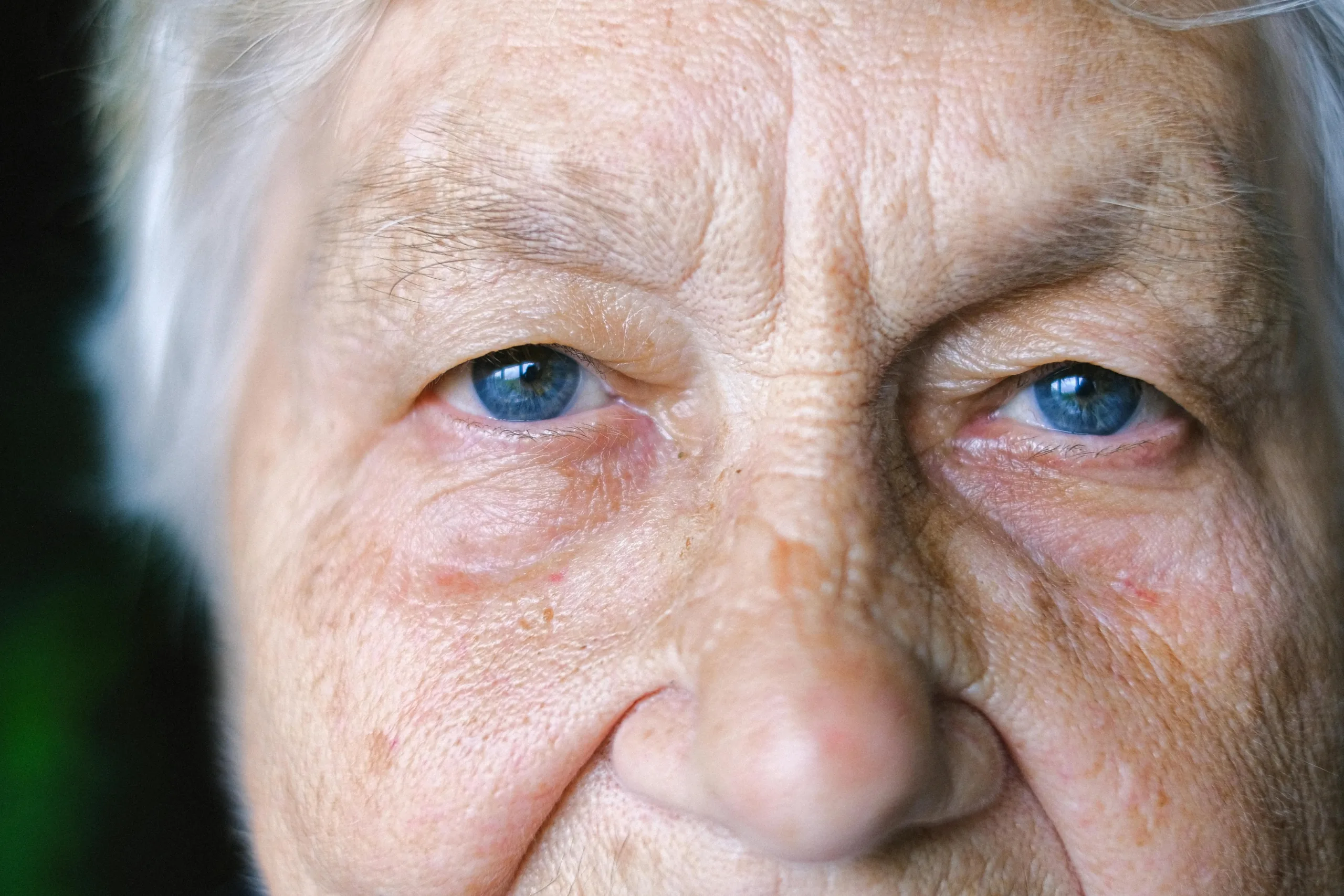Did you know that there are people in this world who intentionally harm seniors? Yes, elder abuse or neglect is a common issue that plagues most adult living and nursing facilities. Longevity Live Paid Content.
People over the age of 60 are subjected to different types of abuse, including neglect, financial, physical, psychological, and sexual. Elder abuse mainly stems from ignorance, non-acceptance, and false negative stereotypes.
A report by the World Health Organization (WHO) suggests that 64.2% of caregivers in an institutional setting abuse seniors. Similarly, 15.7% of older adults suffer abuse in community settings by people they trust. CBS News also reports that millions of American seniors go through this every day, and the numbers are slowly rising.
In this blog, we will discuss more about the prevalence of elder abuse by caregivers, its effects, preventive measures, and more.
The Everlasting Effects of Elder Abuse
Industry leaders believe that one of the most common risk factors for elder abuse is mental illness. Usually, victims develop mental health problems when they keep silent about financial, sexual, and physical abuse. They develop anxiety, depression, etc.
Abusers intimidate older adults by making threats, humiliating them, and yelling to prevent them from saying anything. That’s where resources for senior health come into play. Mental health resources for seniors include government agencies working towards protecting their rights, mobile apps for meditation, community groups for engagement, and more.
In cases of elder abuse, you can get help from the National Adult Protective Services Association. This organization gives you easy database access to help you report such cases. Moreover, the National Center on Elder Abuse can help nursing homes gather valuable webinars, reports, and podcasts to properly train caregivers against neglect and abuse.
Other than cognitive health deterioration, abused seniors can also have financial, social, and physical consequences. These include poor health due to injuries, premature mortality, financial devastation, etc. Unfortunately, the consequences of elder abuse can leave behind everlasting effects with an increased recovery time.
What Signs of Elder Abuse Should You Look Out For?
It can be hard to spot the different types of abuse if your loved one isn’t capable enough to complain. That’s why you should look for common signs. These include behavioral changes, unexplained injuries, and weird bank transactions.
You should keep an eye out for these telltale signs:
- Bruising, cuts, and broken bones
- Poor hygiene, weight loss, and malnourishment
- Symptoms of confusion, anxiety, and depression
- Withdrawal from their family and friends
- Bleeding, bruises, and pain in the genitals
- Pressure ulcers, bedsores, missing medical aids, and unsafe living conditions
Even caregivers show possible signs of abusive behavior. An unprofessional caregiver’s temperament is usually negative, and they are always angry, indifferent, aggressive, and demeaning towards the senior. They won’t show affection and are very inappropriate towards elders.
Learning about these warning signs will help you and your family keep your loved ones safe in a nursing facility.
How Can You Prevent Senior Abuse?
Seniors get abused in nursing facilities because of the caregiver’s inability to handle their duties. That’s why you need to carefully choose a professional capable of managing an elder’s physical, social, and mental health. When selecting a nursing facility, look for the following red flags:
- Unusually high turnover rates among staff
- Careless hiring practices without background checks
- Stressful and unethical working conditions
- Lack of administrative oversight
- Bad behavior from staff towards visitors and other residents
Thoroughly researching the facility’s background will help you prevent any instances of abuse. Once you’ve evaluated these factors, you can select a safe and trustworthy institution. Moreover, you should do these things to prevent elder abuse:
- Visiting and calling your loved one regularly
- Informing the concerned authorities about any inconsistencies and shortcomings from the staff’s end
- Being aware of the types and signs of neglect
The nursing home also needs to create robust patient care policies, thoroughly train its employees, and install monitoring systems to avoid senior abuse. With these practices, they’ll be aware of the situation and work towards creating a safe environment for seniors.
In summary, elder abuse is a common occurrence in institutional and community settings. It significantly affects the senior’s well-being and mental health. That’s why you should look out for signs of neglect and abuse if your loved ones live in senior living facilities. These include the lack of hygiene, missing medical aids, etc.
Thankfully, there are ways you can prevent elder abuse. For that, you need to evaluate the reputation of the institution and check the caregiver’s skill sets. You should also visit the facility regularly and look for red flags.



![women [longevity live]](https://longevitylive.com/wp-content/uploads/2020/01/photo-of-women-walking-down-the-street-1116984-100x100.jpg)










